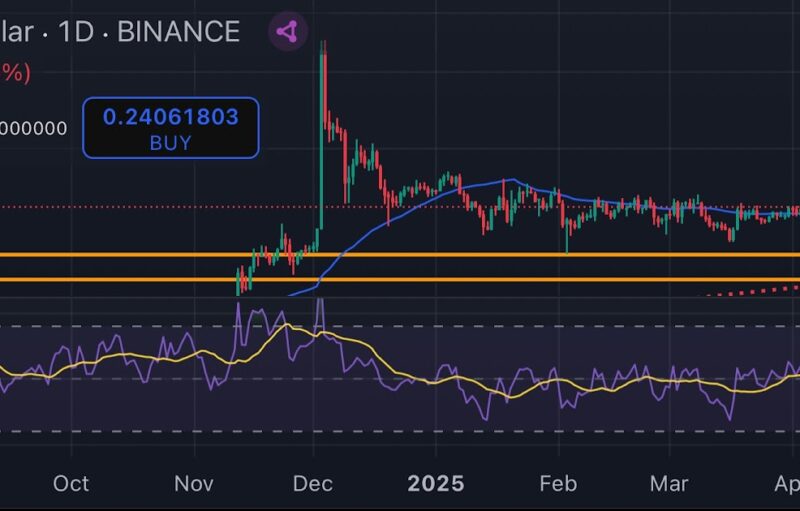
In what is a significant development, Jerome Powell, Chair of the U.S Federal Reserve, today revealed that the Fed is looking into the benefits of digital currencies.
The Fed Chair was speaking at a seminar organized by the International Monetary Fund (IMF) titled “Cross-Border Payments – A Vision for the Future,” a seminar that involved a discussion around potential solutions to enhance cross-border payments, the benefits and risks of the cross-border use of digital currencies, and their macro-financial implications.
It should be noted, however, that compared to his counterparts in other parts of the world, Powell took a more cautionary approach when speaking about central bank digital currencies and the United States possibly issuing one in the future. He said,
“It’s more important for the U.S to get it right, than be first.”
Powell added,
“Getting it right means we not only look at the potential benefits of a CBDC but also the potential risks and recognizing the trade-offs that have to be thought through carefully. We have a responsibility both to the U.S and the world that any steps taken for a US digital currency will be taken safely.”
At the seminar, Kristalina Georgieva, Managing Director of the IMF, was quick to pitch in too, commenting that the future is digital and the future has arrived, something she reportedly realized after Powell’s comments in the summer.
During the summer, Powell had said that he did not want to wake up one day and realize that the U.S dollar was no longer the world’s reserve currency because they missed a technological change.
Powell also highlighted a few policy and operational questions that need to be addressed when issuing a CBDC. These questions, according to the Fed Chair, include – protecting a CBDC from cyber-attacks, counterfeiting and fraud, and the question of how a CBDC would affect monetary policy and financial stability. He also noted that the answers to these questions need to be comprehensively understood, before the issuance of a CBDC.
The Fed has taken a multidisciplinary approach towards studying digital currencies.
An example, Powell cited, was the Federal Reserve Bank of Boston collaborating with researchers at MIT to develop a hypothetical CBDC.
“These types of experiments advance our understanding of the risks and benefits of CBDCs, measuring trade-offs between different designs and system arrangements and assessing security risks.”
The post appeared first on AMBCrypto






